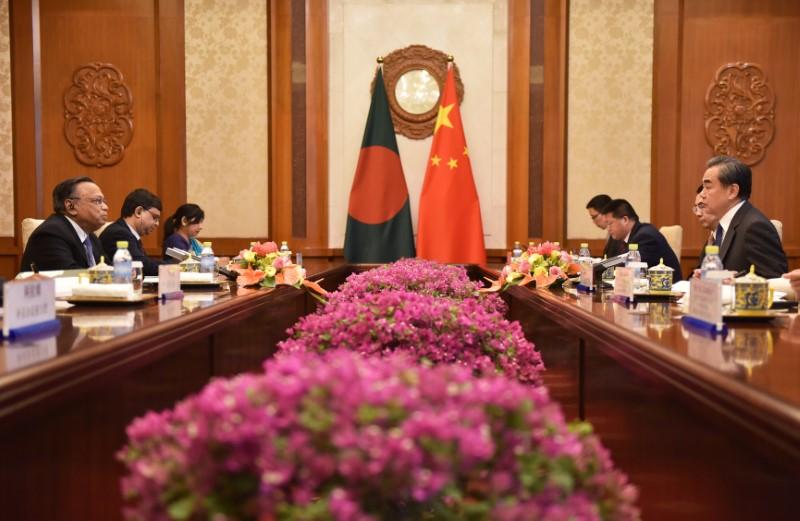Bangladesh’s foreign minister on May 11 rejected remarks by the Chinese ambassador warning the South Asian nation not to participate in the U.S.-led Quadrilateral Security Dialogue because it would damage bilateral relations.
The Quad is a four-nation Indo-Pacific alliance led by the United States, along with India, Japan, and Australia. Beijing considers the Quad a “small anti-Beijing club.”




